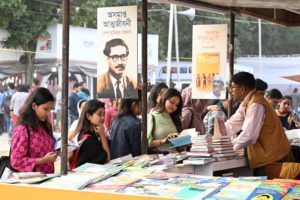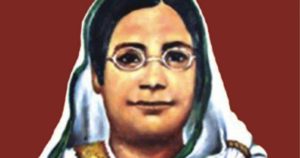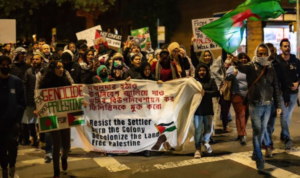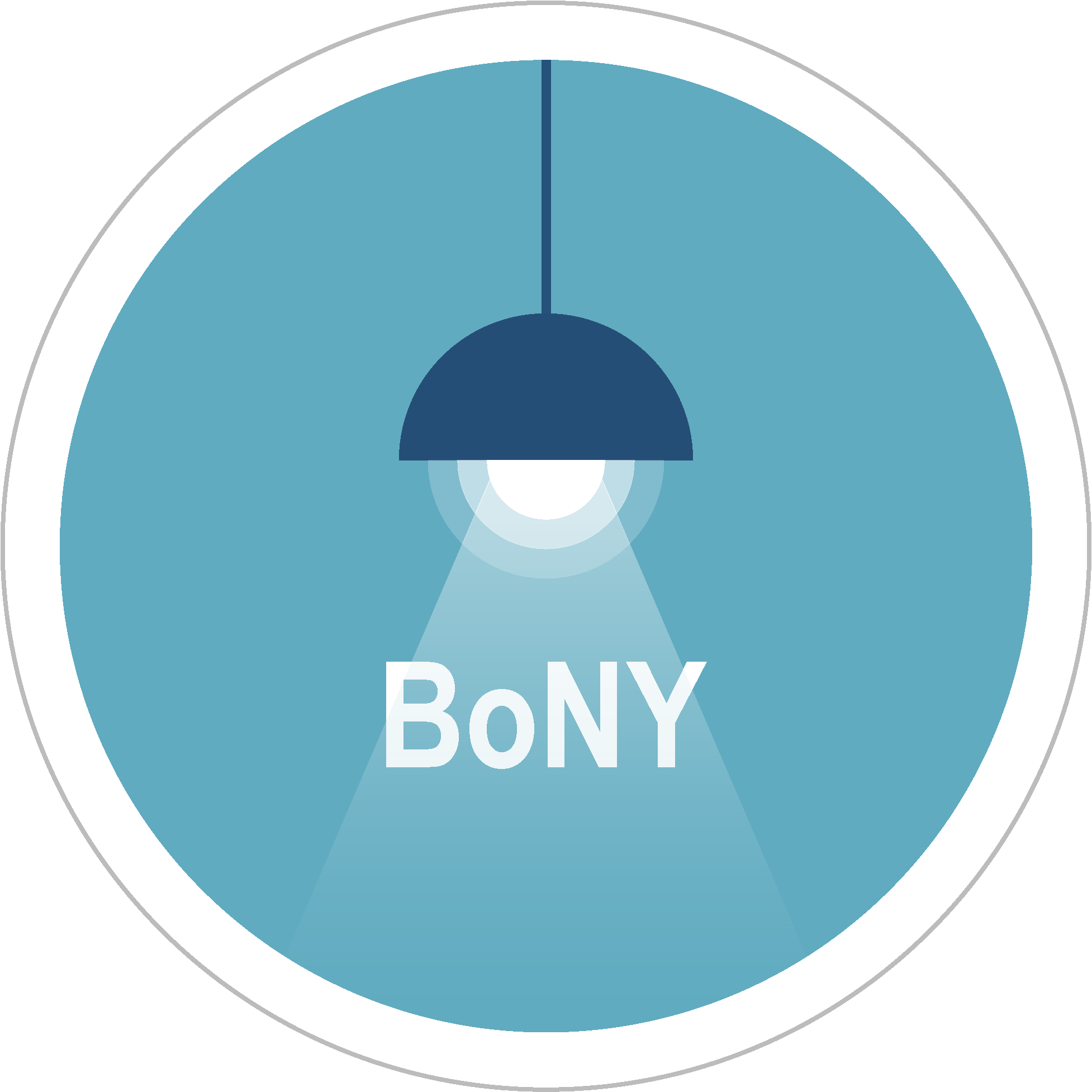Life Imitates Art with Hues of Colorism and Fatphobia
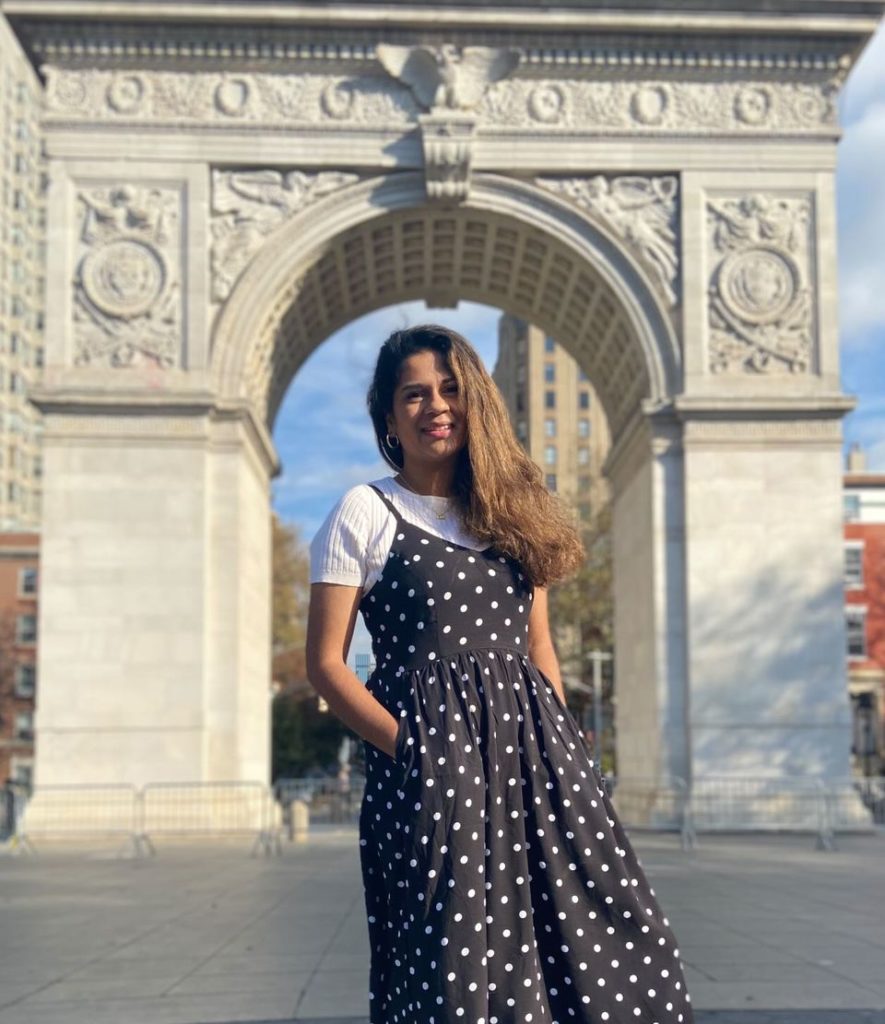
The buzz of my phone breaks my concentration, a text from my mom reads, “Look at this biodata,” followed by a link. If you are over 25 years of age, you can probably relate to this predicament I find myself in. Somehow, my mom’s sole purpose has become to find me a “rishta” and she has gone as far as to hire a matchmaker. When I watch “Indian Matchmaker” on Netflix from the comfort of my couch, it’s entertaining. However, when life imitates art, let’s just say my fondness for French fries isn’t the only cause for my high blood pressure. This new cause of my hypertension, not listed on mayoclinic.org, is how matchmakers and biodatas are perpetuating harmful notions of colorism and fatphobia.
Colorism is defined as prejudice within a racial group, favoring people with lighter skin over those with darker skin, while fatphobia is a form of bigotry and discrimination that says, people of higher weight are inferior. In the Bengali community, colorism and fatphobia are highly normalized. You can’t be at a dawat without some aunty mentioning your weight gain or how much darker you had gotten. Fair and lovely, keto diets, “Who is going to marry you?” and “Oh, you would be so pretty if you were fairer… or lost weight” comments depict the standards expected as rites of passage for Bengali girls.
Against my better judgment, I clicked the link my mom had sent to me, which led me to a Facebook page called, “BCCB Matrimonial: Heavenly Match.” I quickly learned that it stands for Bangladeshi Canadian-Canadian Bangladeshi and is a platform where Bangladeshis from Bangladesh, Canada and the US can find prospective life partners. I was inundated with biodatas which mentioned complexion ranging from medium to fair and their weight. They also mention what complexion and range of weight preference they wished in a future partner. I didn’t think it could get any worse until I came across a post from the matchmaker, himself. The post, which was grippingly only addressed to “Girls,” read “Your weight is a significant factor in the eyes of a groom” and “I see many girls being rejected because of their body shape tilting towards a heavier side.” But instead of calling out the bigotry, the matchmaker continues to say, “Just change your diet for 3 months and you will lose 30 lb guaranteed.” But, he does mention a caveat to weight gain due to “genetic or physical issue,” where he says to talk to the prospective partners openly and let them know that “Despite your weight, she is beautiful because of reason A, B, C and D.”
Maybe, it was the fact that I was sitting in my scorching NYC studio in the middle of August. Or maybe because I was emotionally depleted, having learned of Sania Khan’s murder by her ex-husband and Mandeep Kaur’s suicide due to decades of domestic violence. But, that FB post broke something loose within me: rage. We cannot keep normalizing harmful ideas in the Bengali community by turning a blind eye and continuingly to tell women what they should do with their bodies. Not speaking up is far more dangerous when the comments are from people in positions of power and reach. This FB page has 330.8K members and while this post has over 1.2 K likes and 164 comments. Instead of calling out the post, a majority of the comments normalized colorism and fatphobia. Some even mention that “you can’t help who you are attracted to,” while others justify these ideas by saying “This is an arranged marriage page not a dating site.”
Here, I think it’s important to dissect what their attraction is rooted in. If their attraction to “fair” and “slim” girls is rooted in notions of colorism and fatphobia, then that justification is problematic. This further adds to how pervasive these views are among Bengalis and the unawareness of how invasive these ideas are. Posts and comments like these reinforce beauty and patriarchal norms, which have a plethora of harmful impacts on young girls, ranging from self-image and body image issues to eating disorders, suicidal ideations and domestic abuse. Enough is enough! We, as a community, must do better for the sake of our girls. We first need to be able to identify colorism and fatphobia in our daily lives and understand their impact before having open conversations with our families. We need to challenge the normalization of these ideas.
Lastly, we need to be able to call out harmful comments from aunties at dawats or posts from matchmakers. I now have a 4-year-old niece who enjoys playing in the sun and I cannot fathom her growing up in a community where her self-worth is attached to the shade of her skin or the number on her scale. For her sake and the sake of every little Bengali girl out there, we must be better.
Read More
The Legacy of Boi Mela
Every year in February, the month-long national book fair welcomes...
Read MoreMillennial Amma: How to Explain a Global Crisis As a Parent
Rumki Chowdhury shares tips for how to talk to children...
Read MoreBegum Rokeya’s Millennials
A tribute to a pioneering Bengali feminist writer, educator and...
Read More